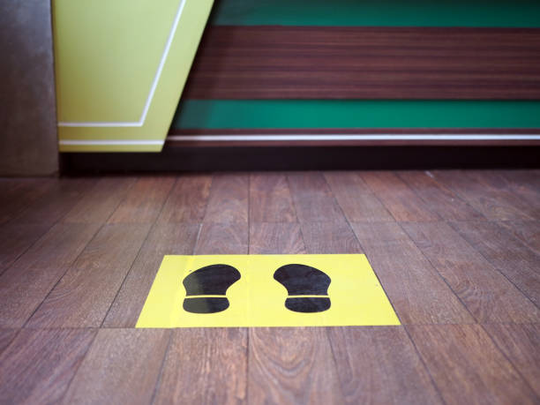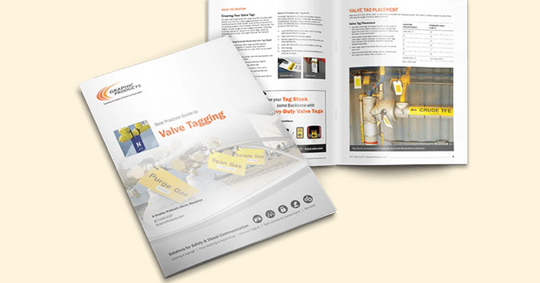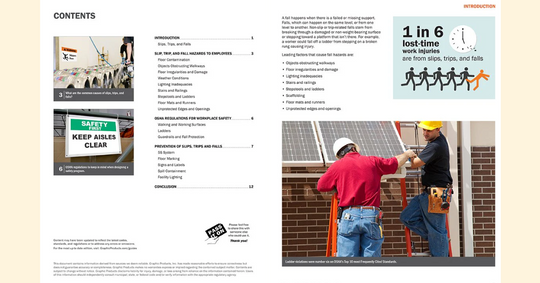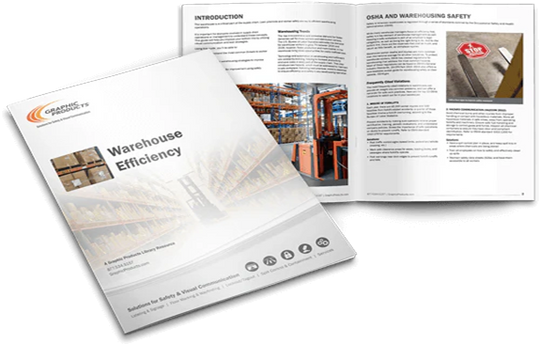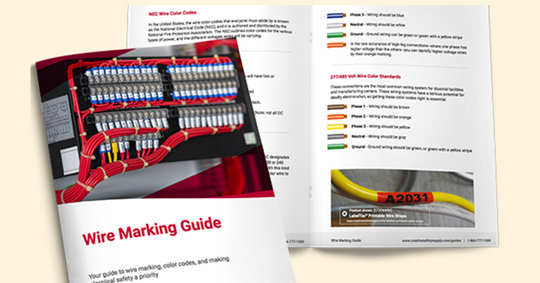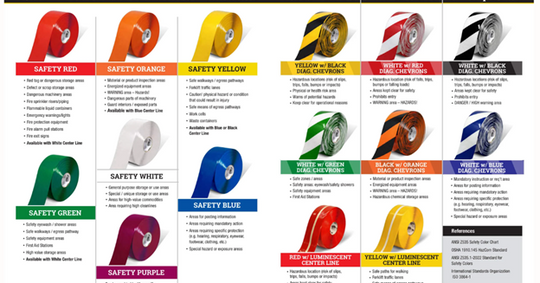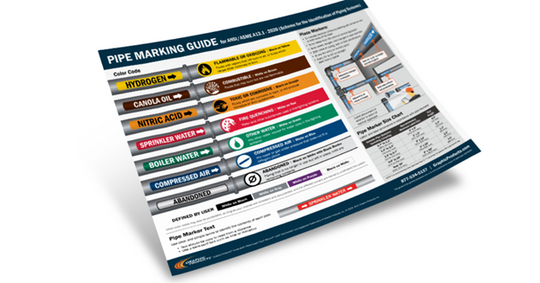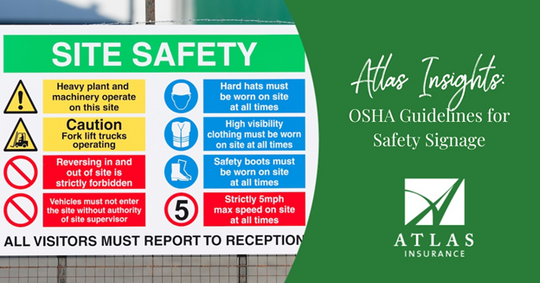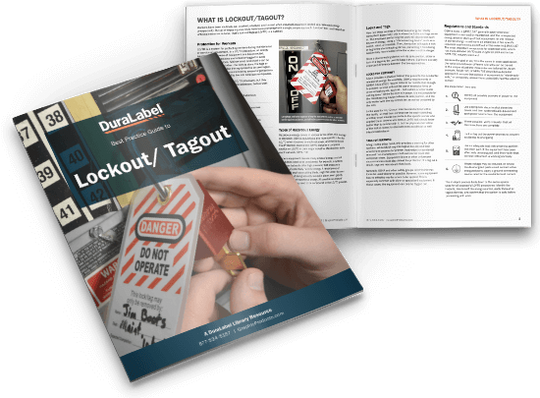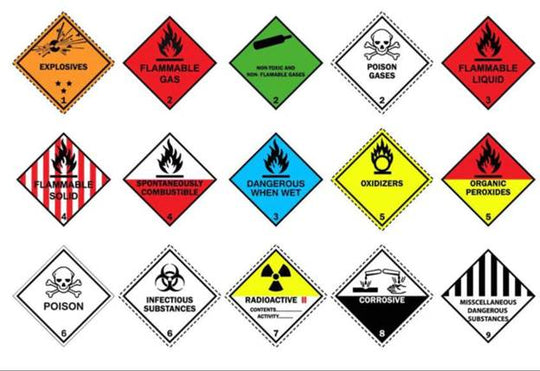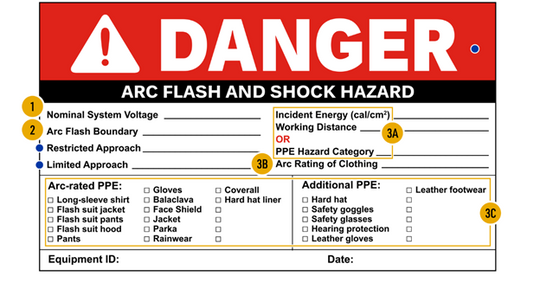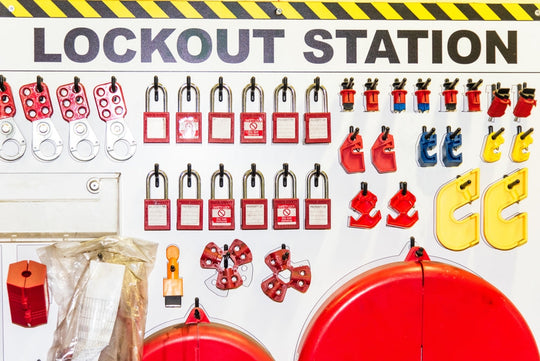Lockout Tagout Procedure Tips for Effective Implementation
Introduction to Lockout Tagout (LOTO)
Workplace safety is a priority for every business, and Lockout Tagout (LOTO) procedures play a crucial role in preventing accidents. These procedures ensure that hazardous energy sources are effectively controlled during maintenance or repair activities. Without proper LOTO measures, workers are at risk of severe injuries from unexpected equipment startup or energy release.
Understanding and implementing an effective LOTO program can help businesses comply with regulations and create a safer work environment for employees.
Understanding Lockout Tagout Regulations
OSHA and Industry Standards
Regulatory bodies such as OSHA (Occupational Safety and Health Administration) have established strict guidelines to ensure proper LOTO procedures. These regulations require businesses to have a formal energy control program in place to protect workers from hazardous energy.
Compliance Requirements for Businesses
To comply with LOTO regulations, businesses must:
- Develop a written energy control plan.
- Provide proper safety lockout devices to isolate hazardous energy sources.
- Train employees on safe energy isolation procedures.
- Conduct periodic inspections to ensure compliance.
Failing to meet these requirements can result in penalties and increased workplace accidents.
Key Components of an Effective LOTO Program
Lockout Devices and Their Uses
Using the right lockout devices is essential for properly isolating hazardous energy sources. These devices include:
- Lockout hasps for securing multiple locks.
- Circuit breaker lockouts for electrical safety.
- Valve lockouts for controlling hazardous fluids and gases.
Importance of Proper Tagging
Tagout devices are warning labels attached to lockout equipment to inform employees about ongoing maintenance. While they do not provide physical protection, they enhance awareness and prevent accidental restarts.
Employee Training and Awareness
Proper training is vital to ensure that workers understand and follow tagout procedure compliance protocols. Employees should be trained on:
- Recognizing hazardous energy sources.
- Properly applying and removing lockout devices.
- Emergency response actions in case of safety violations.
Step-by-Step Guide to Lockout Tagout Procedures
Implementing LOTO effectively requires a structured approach. A step-by-step LOTO guide ensures that each stage of the process is followed correctly:
Identifying Hazardous Energy Sources
Before starting maintenance work, identify all potential energy sources, including electrical, mechanical, hydraulic, and pneumatic systems.
Shutting Down Equipment Safely
Ensure that all machines are turned off completely before applying any lockout devices.
Applying Lockout and Tagout Devices
Secure energy sources using the appropriate safety lockout devices and attach warning tags to notify workers about ongoing maintenance.
Verifying Energy Isolation
Before beginning any work, test the equipment to confirm that all energy sources are effectively isolated.
Completing Maintenance or Repairs
Once maintenance tasks are finished, ensure that all tools and personnel are cleared from the area.
Removing Lockout Devices and Restoring Operations
Only authorized personnel should remove lockout devices, ensuring all safety measures are followed before restarting the equipment.
Common Mistakes to Avoid in LOTO Implementation
Even with established LOTO programs, some businesses make critical mistakes, including:
- Inadequate Employee Training – Workers must be properly trained to recognize and follow LOTO procedures.
- Using Incorrect Lockout Devices – Using the wrong tools can lead to ineffective energy isolation.
- Failing to Verify Isolation Before Work – Always test equipment to ensure energy sources are fully deactivated before maintenance begins.
Best Practices for Lockout Tagout Implementation
Developing a LOTO Checklist for Consistency
Creating a step-by-step LOTO guide helps standardize procedures and ensures that all safety steps are followed every time.
Conducting Regular Safety Audits
Routine audits help businesses identify weaknesses in their LOTO programs and take corrective actions before accidents occur.
Encouraging Employee Participation in Safety Programs
Workers should be encouraged to report safety hazards and provide feedback on improving LOTO implementation.
Enhancing Workplace Safety with Additional Safety Measures
Besides LOTO procedures, businesses can improve workplace safety by implementing additional safety measures, such as:
- Using Inspection Tags – Inspection tags help track equipment conditions and ensure compliance with safety standards.
- Implementing a Lockout Tagout Station – A well-organized LOTO station keeps all safety tools in one place for easy access.
- Following Equipment Safety Tips – Businesses should regularly inspect and maintain equipment to prevent unexpected failures and ensure safe operation.
For more safety solutions, visit this page.
Explore More: Essential Safety Tips for Every Workplace
|
Safety Tags Tips |
Short Description |
|
Tips for Effective Use of Safety Tags in the Workplace |
|
|
Essential Scaffold Safety Tips for Workers |
|
|
Comprehensive Workplace Safety Tips for Employers |
|
|
A Step-by-Step Lockout Tagout Checklist for Maximum Safety |
|
|
Top Tips for Improving Warehouse Safety Standards |
|
|
Key Safety Tips for Small Businesses |
|
|
Best Practices for Lockout Tagout Procedures |
|
|
The Importance of Fire Safety Signage in Workplaces |
|
|
Essential Personal Protective Equipment (PPE) Tips |
|
|
Best Practices for Scaffold Inspections |
|
|
How to Use Industrial Labeling for Safety and Compliance |
|
|
Construction PPE Safety Tips for Protecting Workers |
|
|
Advanced Safety Tips for a Safer Workplace Environment |
Conclusion
Implementing an effective step-by-step LOTO guide is crucial for workplace safety. By training employees, using the right safety lockout devices, and following a structured tagout procedure compliance system, businesses can significantly reduce accident risks. Regular audits, proper documentation, and compliance with safety regulations ensure a safer and more productive work environment.
By prioritizing LOTO implementation and adhering to equipment safety tips, businesses demonstrate their commitment to employee safety and regulatory compliance.
FAQs
Why is LOTO important for workplace safety?
LOTO procedures prevent workplace injuries by ensuring that hazardous energy sources are fully controlled before maintenance work begins.
How often should LOTO training be conducted?
LOTO training should be conducted at least annually, with additional sessions whenever new equipment or procedures are introduced.
What are the penalties for non-compliance with LOTO regulations?
Non-compliance with OSHA LOTO standards can result in hefty fines and increased workplace accidents.
Can LOTO procedures vary by industry?
Yes, LOTO requirements may differ depending on the type of industry and the energy sources involved.
What tools are essential for an effective LOTO program?
Essential safety lockout devices include padlocks, lockout hasps, circuit breaker lockouts, and safety tags.


